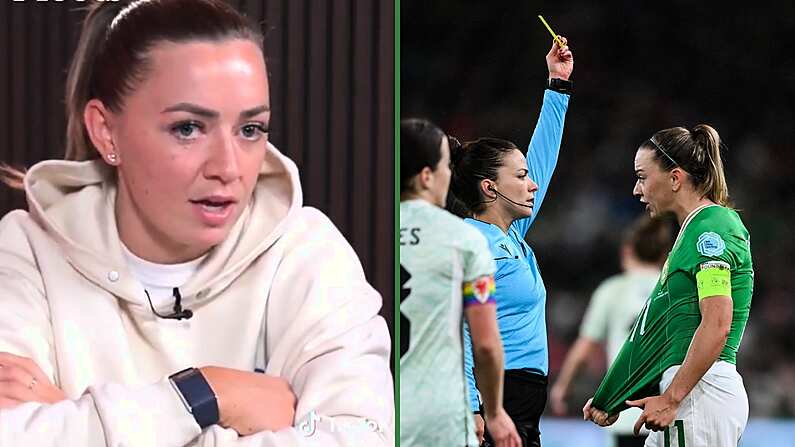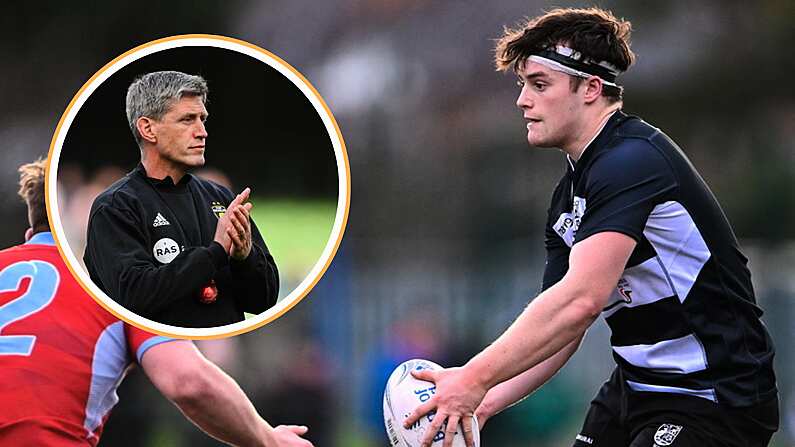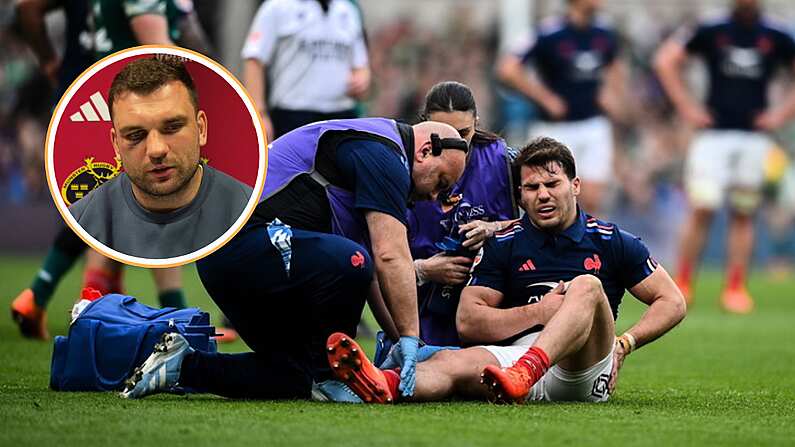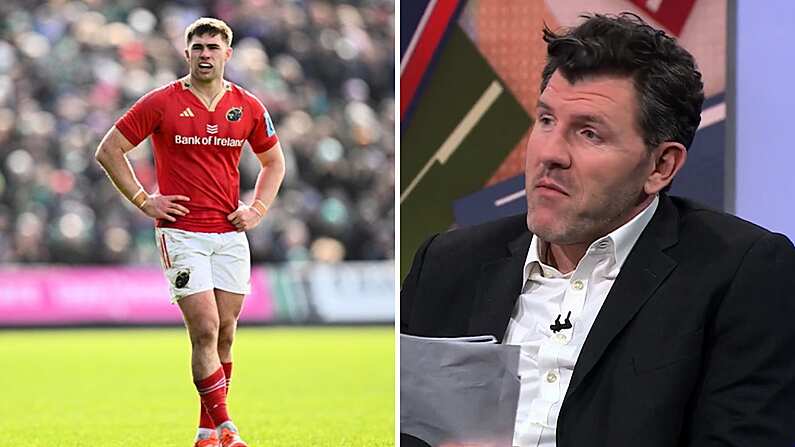How often can you lose a match in the second last week of a tournament and still be in with a more than decent chance of winning it?
Yes, it's never good to lose, and yes losing the chance for a Grand Slam is awful, but there are worse losses. There are losses that dump you out of tournaments, losses that embarrass a nation, and the annoying losses when it was within your control and you proceed to lose it.
This wasn't that type of loss. This could almost be classed as an encouraging loss. There were no injuries. There was enough in Ireland's display that can suggest that they are doing the right things, and are not far away from making significant strides. Of course there are concerns, but it's now time to refocus for Scotland, there's a championship to win.
Wales's Performance
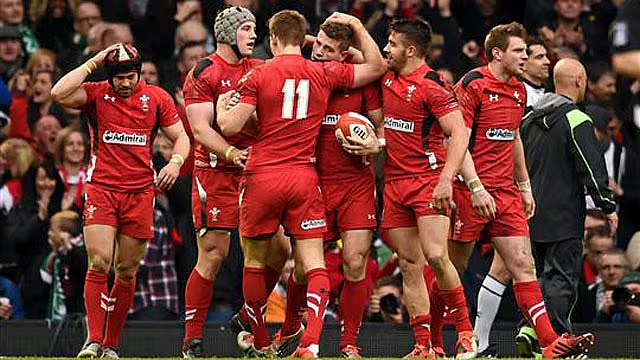
It's important to give Wales credit for how they won the game, rather than how Ireland lost it. Wales were up for this. Perhaps some comments that went on in the media, or maybe it was the hunger to dole out some revenge after last year's humiliation, but Wales roared into the game and their pressure put them ahead.
When it came down to the defensive effort in the second half, Wales were astonishing. Their tackle count was huge, but they were effective tackles. Ireland spent eight full minutes in Wales' 22 at the start of the second half without registering a point.
Wales had a plan when they got in front and they didn't waiver from it. Plan A got them ahead and they went on from there. Their victory was built on outstanding defence and unwaivering commitment. There's no evidence of Wales out-thinking Ireland, just a hugely determined team playing to their potential.
The Irish Positives

While Wales were full of passion and commitment, Ireland stayed calm and collected for the most part, and there wasn't a huge sense of panic when they were 12-0 down. Sure there were mistakes, most notably from Johnny Sexton with some wayward kicking.
Ireland managed to regroup after a horrible opening 13 minutes, and ended up winning the remaining period 16 points to nine. A large part of this was a recognition that referee Wayne Barnes was heavily penalising the team in possession compared to the defensive team. Ireland stopped kicking the ball, and started to keep it in hand. This both meant that Wales couldn't put as much pressure on Ireland with ball in hand, and Ireland were able to grow into the game. They deserve credit for eventually adapting to Wayne Barnes' refereeing, if it took a little late and ended up costing them the game.
Things To Learn

Despite what is being reported, Ireland created many more attacking opportunities. Strangely, it was some strange decisions, either by Sexton or from some forwards that meant that they didn't exploit the space out wide. Ireland butchered at least two, and probably up to four or five try scoring chances. This is easily fixed.
There were also occasions to go for the try when an accumulation of points would have kept Ireland in touch and kept the growing momentum. When Ireland went through that eight minutes of pressure in the Welsh 22 only to concede a penalty, not once did Sexton ever drop into the pocket to take a drop goal. Even when they were awarded a penalty, it was vital that Ireland get a score to bring them to within three points. The Welsh defence weren't giving any change, and were driving the Irish back. It times like that it's best to take the points, go back to half-way and try again. Not scoring at that point felt like the end of the game.
It's a better position to have to tweak your decision making process than to not have any answers on how to reverse a loss.
Slight Worries

That said, the decision maker in most of these instances was Johnny Sexton. The same Sexton who says he hears Joe Schmidt's voice in his head on the pitch, and usually makes the right decision in games like this. It's a slight concern.
Only concerning is Rory Best's tendency to throw erratically. He has games like this throughout his career, and it's a small bit worrying, and once his confidence goes in a game it gets worse. The majority of the time he's an incredible accurate thrower, and when he is confident he's the best hooker in the Northern hemisphere. He just has at least one game to forget in each championship, let's hope it's not in the key games at the World Cup.
Consequences

The Grand Slam is gone. But that's it. The race for the Six Nations is still on. It can be argued that all three of Wales, Ireland and England are in strong positions, and each of them have a realistic chance of winning despite the skewed odds with the bookies. Wales could easily put 35 points past Italy, Ireland could just as easily pass England's points difference total with an open game that punishes Scotland's ill discipline, while England are leading as it is.
There's also a chance that the talk of Ireland's unbeaten run unsettled them. Perhaps not, but it's not the worst thing in the world for all that chatter to end, and for the chance to refocus with Scotland next week.
In the worst case scenario for next week, Ireland won't win the Six Nations, but they can still claim to have had a good championship, beating both World Cup pool rivals and the hosts of that tournament that they hadn't beaten in four years.
Ireland are in a good place for the World Cup, and with this reality check, they almost have a better chance of going further than they ever have before. Ireland will be better off for the loss.
But for now, let's focus on Scotland, there's a Championship to win.




